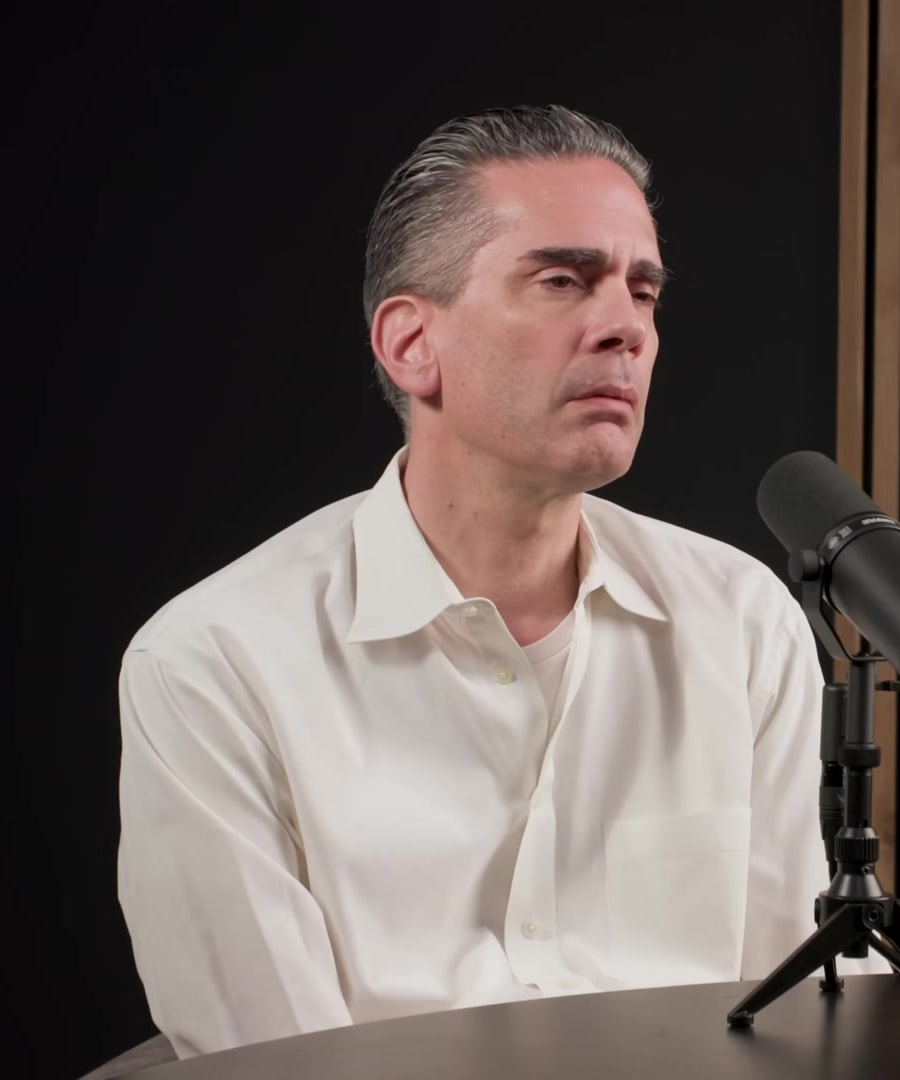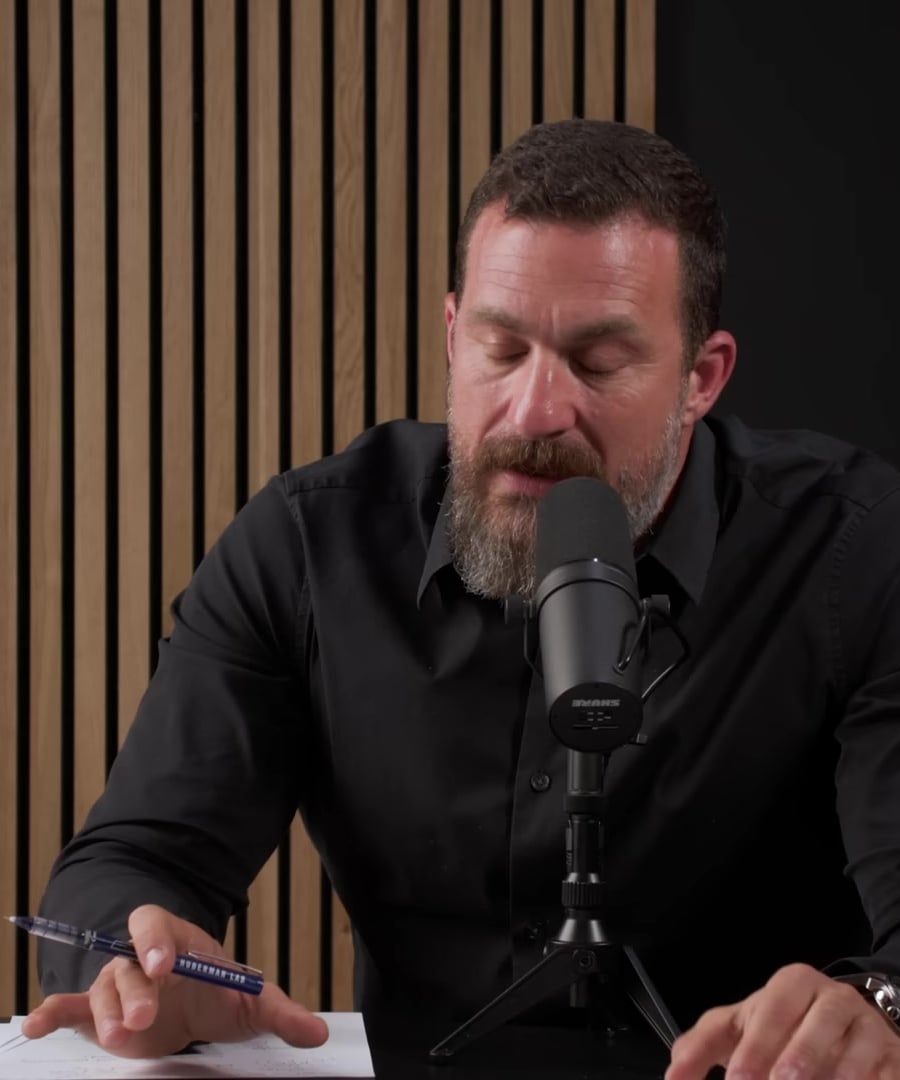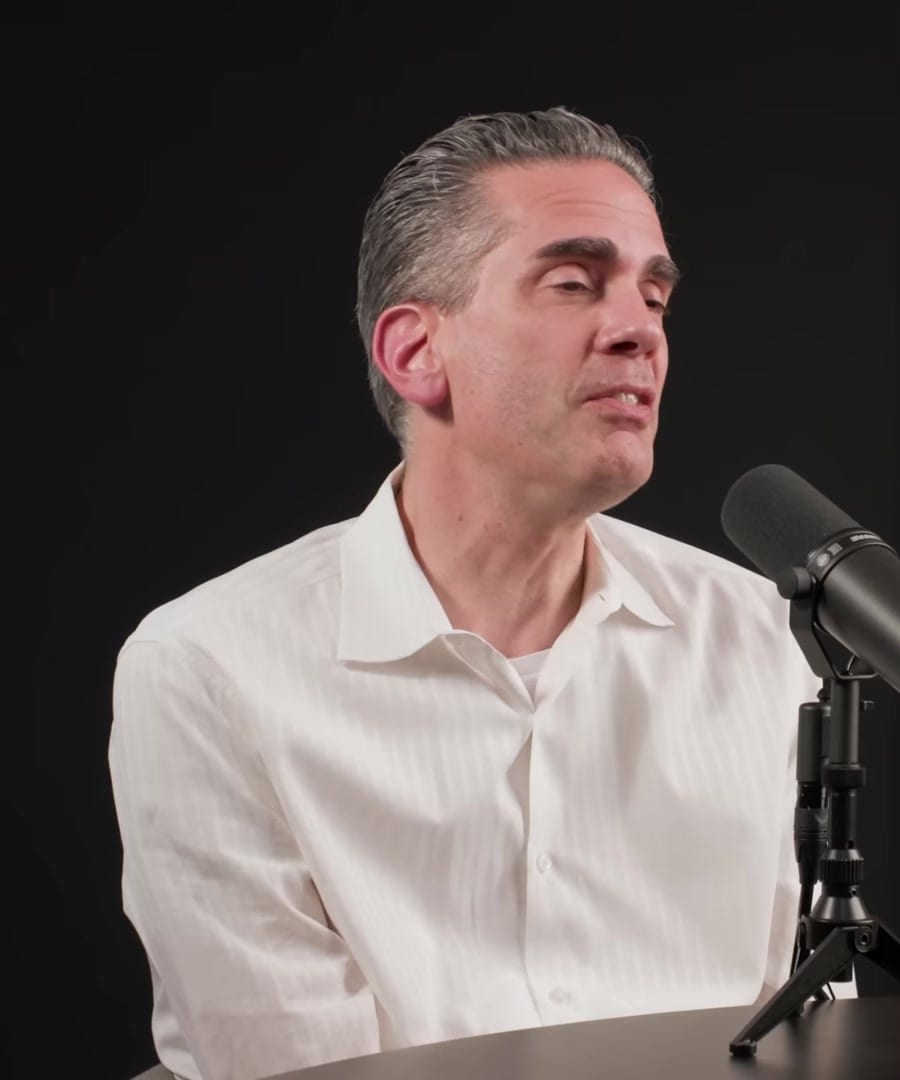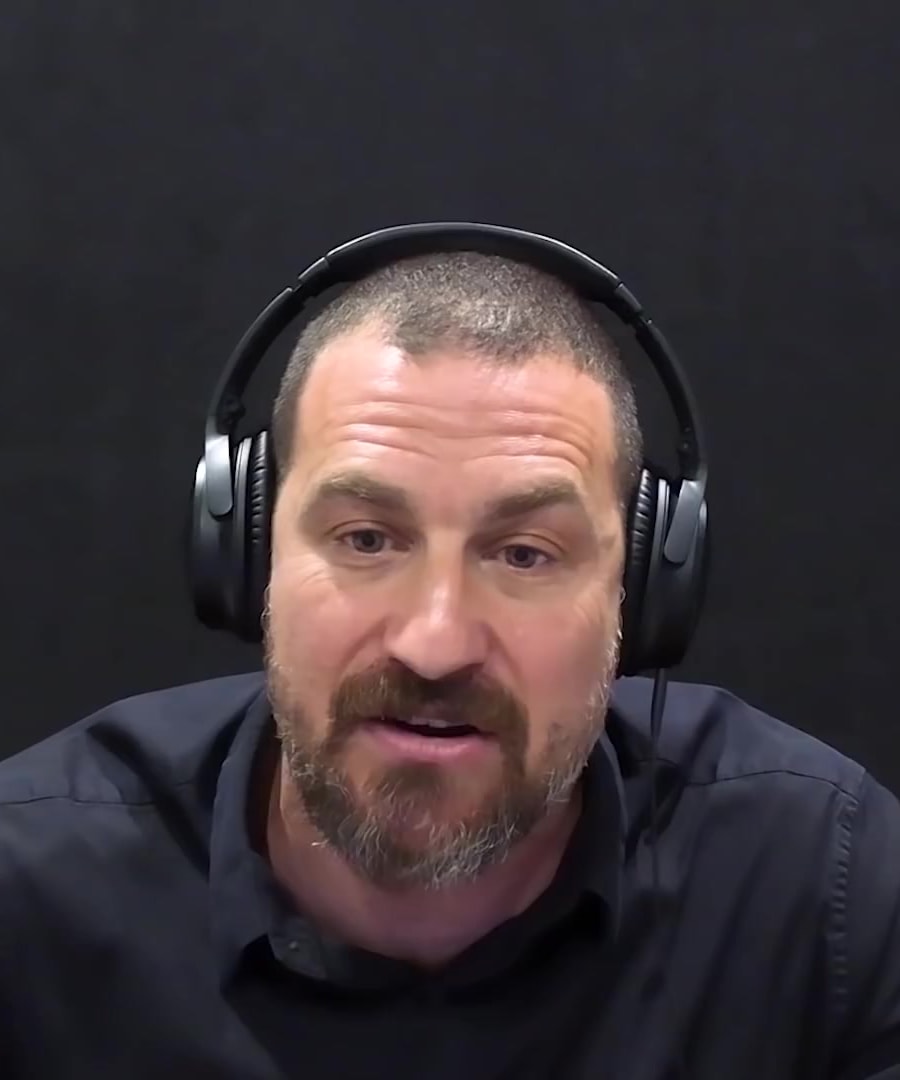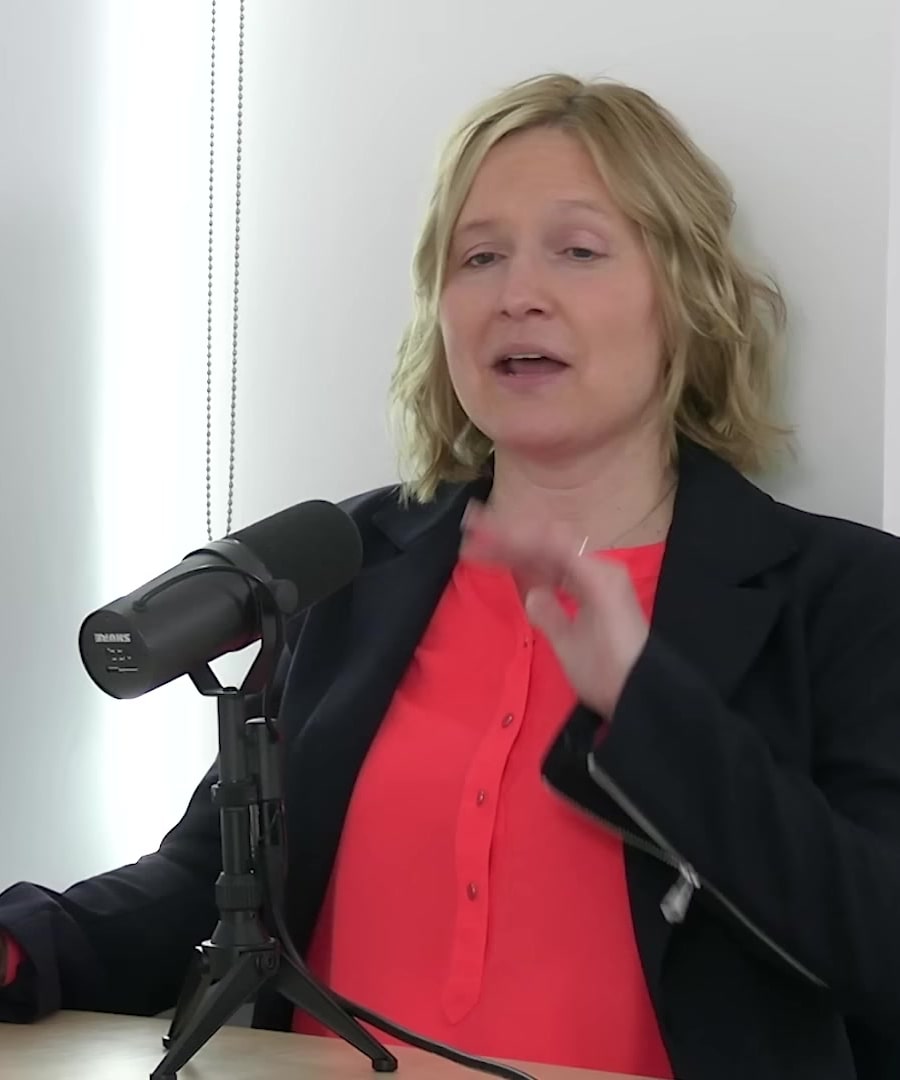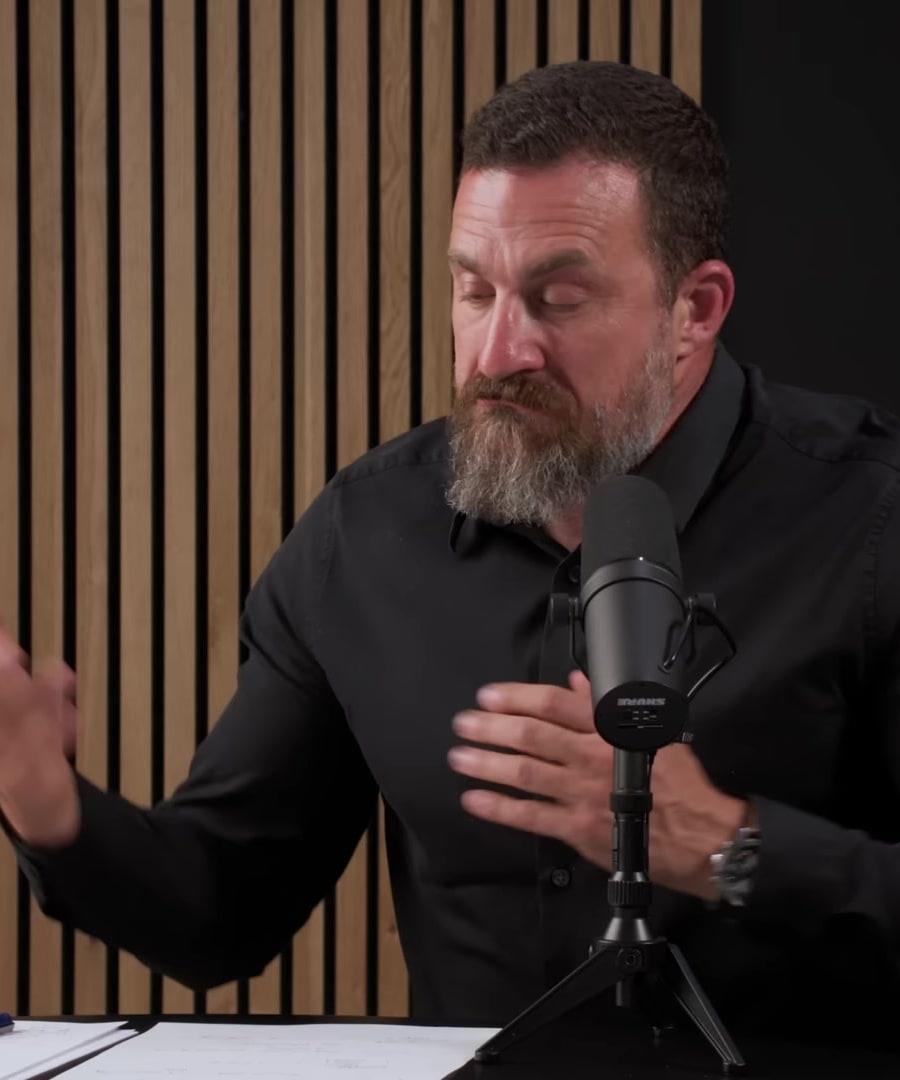what are your thoughts on anxiety
Sources:
Anxiety has been extensively discussed by and his guests on the podcast, including its fundamental role in our lives, impacts on relationships, and strategies for management and understanding. Here are some insights based on those discussions:
- Anxiety is integral to our behavior and serves important functions, such as keeping us vigilant about our health and safety. However, excessive anxiety can become counterproductive, restricting our cognitive abilities and impeding our capacity to act 1.
- Anxiety can hinder our ability to ask for what we want and to be receptive to others' needs. It often acts as a barrier to personal growth and effective communication 2.
- Facing and understanding the roots of our anxieties, including insecurities, traumas, and biological and psychological components, can lead to positive change and personal empowerment 3.
- asserts that facing trauma directly is a potent strategy to alleviate its associated anxieties, referencing personal experiences to highlight the importance of confronting fears 4.
- In the context of goal-setting, anxiety can be an obstacle, but foreseeing challenges and planning ahead can mitigate the anxiety that arises during difficult times and help us stay on track 5.
- The dynamics of anxiety in relationships involve understanding both our own experience and the experience of others, ultimately leading to better mutual understanding and connectivity 6.
Understanding anxiety's effect on us, the reasons behind it, and how it can either facilitate or interfere with our lives is essential for mental health and well-being.
RELATED QUESTIONS
what are your thoughts on anxiety
- RELATED QUESTIONS
